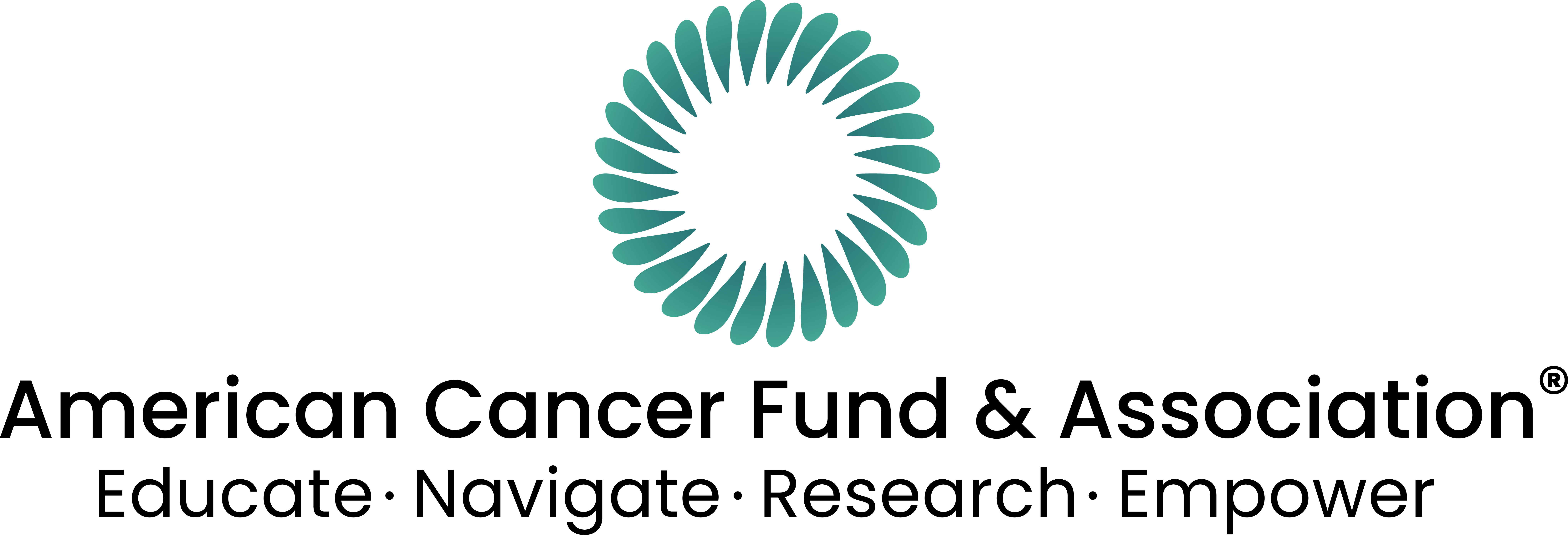For more detailed information about clinical trials, visit www.ClinicalTrials.gov
What is a clinical trial?
A clinical trial is a research study to answer specific questions about vaccines or new therapies or new ways of using known treatments. Clinical trials (also called medical research and research studies) are used to determine whether new drugs or treatments are both safe and effective.
Carefully conducted clinical trials are the fastest and safest way to find treatments that work. Ideas for clinical trials usually come from researchers. Once researchers test new therapies or procedures in the laboratory and get promising results, they begin planning Phase 1 Clinical Trials. New therapies are tested on people only after laboratory and animal studies show promising results.
What is Protocol?
All clinical trials are based on a set of rules called a protocol.
A protocol describes what types of people may participate in the trial; the schedule of tests, procedures, medications, and dosages; and the length of the study. While in a clinical trial, participants are seen regularly by the research staff to monitor their health and to determine the safety and effectiveness of their treatment.
The Phases of a Clinical Trial
Clinical trials of experimental drugs proceed through four phases:
Phase I
In Phase I clinical trials, researchers test a new drug or treatment in a small group of people (20-80) for the first time to evaluate its safety, determine a safe dosage range, and identify side effects.
Phase II
In Phase II clinical trials, the study drug or treatment is given to a larger group of people (100-300) to see if it is effective and to further evaluate its safety.
Phase III
In Phase III studies, the study drug or treatment is given to large groups of people (1,000-3,000) to confirm its effectiveness, monitor side effects, compare it to commonly used treatments, and collect information that will allow the drug or treatment to be used safely.
Phase IV
In Phase IV studies are done after the drug or treatment has been marketed. These studies continue testing the study drug or treatment to collect information about their effect in various populations and any side effects associated with long-term use.
Clinical Trials FAQs
There is a lot to know about clinical trials. Click each of the questions below for more information.
All clinical trials are based on a set of rules called a protocol. A protocol describes what types of people may participate in the trial; the schedule of tests, procedures, medications, and dosages; and the length of the study. While in a clinical trial, participants are seen regularly by the research staff to monitor their health and to determine the safety and effectiveness of their treatment.
All clinical trials have guidelines about who can get into the program. Guidelines are based on such factors as age, type of disease, medical history, and current medical condition. Before you join a clinical trial, you must qualify for the study. Some research studies seek volunteers with illnesses or conditions to be studied in the clinical trial, while others need healthy volunteers. Healthy volunteers participate in Phase I trials, vaccine studies, and trials on research on preventive care for children or adults. The factors that allow you to participate in a clinical trial are called inclusion criteria and the factors that keep you from participating are called exclusion criteria. It is important to note that inclusion and exclusion criteria are not used to reject people personally. Instead, the criteria are used to identify appropriate participants and keep them safe. The criteria help ensure that researchers will be able to answer the questions they plan to study.
Clinical trials are sponsored by government agencies: such as the National Institutes of Health (NIH); pharmaceutical companies; individual physician-investigators; health care institutions such as health maintenance organizations (HMOs); and organizations that develop medical devices or equipment. Trials can take place in a variety of locations, such as hospitals, universities, doctors’ offices, or community clinics.
The government has strict guidelines and safeguards to protect people who choose to participate in clinical trials. Every clinical trial in the U.S. must be approved and monitored by an Institutional Review Board (IRB) to make sure the risks are as low as possible and are worth any potential benefits. An IRB is an independent committee of physicians, statisticians, community advocates, and others that ensures that a clinical trial is ethical and the rights of study participants are protected. All institutions that conduct or support biomedical research involving people must, by federal regulation, have an IRB that initially approves and periodically reviews the research.
Informed consent is the process of learning the key facts about a clinical trial before you decide whether or not to participate.
These facts include:
If you are considering joining a clinical trial, the research staff will give you informed consent documents that include the details about the study. If English is not your native language, you can ask for the consent documents in languages other than English.
Since joining a clinical trial is an important decision, you should ask the research team any questions you may have about the study and the consent forms before you make a decision. It is also a good idea to take the consent documents home and discuss them with family members or friends. Talking about your options can help you to feel comfortable with your decision. If you decide to join the clinical trial, be sure to ask for a copy of the informed consent documents so you can review them at any time.
Some questions you should ask before joining a trial are:
Remember to also ask these questions about the risks and benefits!
Feel prepared for every appointment
Carrying the right information can empower you during your cancer care journey. Use these tools to help organize this information so you can be an active participant in your cancer care.
Keep them handy for use at home and bring them along to your doctor visits and other medical appointments.



